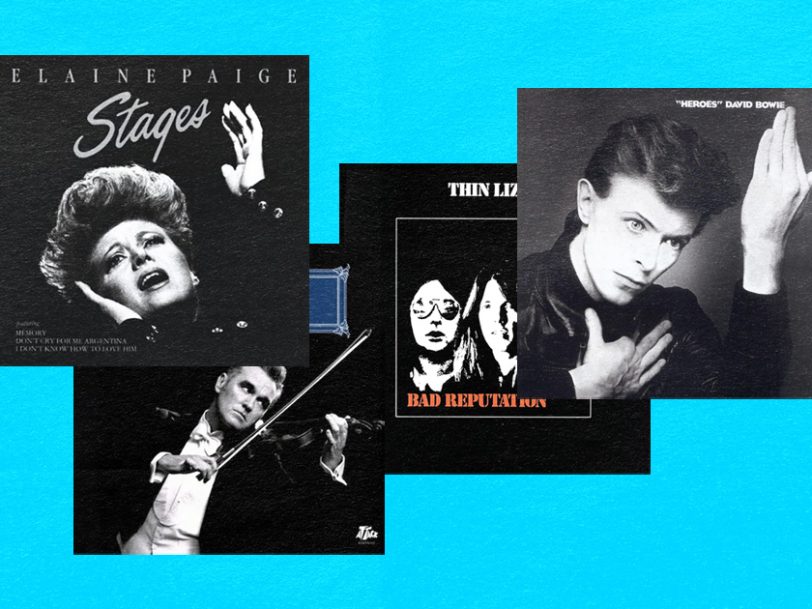The sound of modern music would probably have been very different – and not half as exhilarating – if it hadn’t been touched by the hand of Tony Visconti. Born in Brooklyn, New York City, in 1944, and a lover of music from an early age, Visconti was proficient on a variety of instruments in his youth, but he would influence the course of music from the other side of the studio glass. Indeed, his journey to becoming one of the most influential producers in history began in earnest in 1968, with a move to London brokered by British producer and A&R man Denny Cordell. This led to him to making groundbreaking records with future-shaping 70s superstars David Bowie and Marc Bolan – and the best Tony Visconti productions of that era still cast a shadow over rock music today.
In a 2023 interview with The Guardian, Visconti said, “There’s no ‘Visconti sound’. I’m not Phil Spector or someone who comes in and says, ‘We’ll do it my way.’” And yet he remains one of rock music’s most iconic figures when it comes to innovative production work, and – as Iggy Pop’s The Idiot and The Stranglers’ La Folie albums also reveal – he’s a master studio mixer, too.
In tribute of a career that spans six decades, we take a chronological look through the best Tony Visconti productions.
Best Tony Visconti Productions: 20 Game-Changing Albums Shaped By The Studio Maestro
Badfinger: ‘Magic Christian Music’ (Apple, 1970)
Tony Visconti’s initial production credits included Tyrannosaurus Rex’s 1968 debut album, My People Were Fair And Had Sky In Their Hair… But Now They’re Content To Wear Stars On Their Brows, and David Bowie’s self-titled second album (aside from the Gus Dudgeon-helmed song Space Oddity). These CV entries now seem seismic, but, on the cusp of the 70s, Visconti’s work with the talented yet star-crossed Welsh rockers Badfinger was arguably deemed to be more significant.
Both parties initially came across each other when Visconti produced several tracks on 1969’s Maybe Tomorrow, cut while the band were still known as The Iveys. Despite being recorded for The Beatles’ Apple imprint, that title only saw limited release, though a number of its songs were revisited for Badfinger’s official debut album, Magic Christian Music. A notably more high-profile release, the record also featured several tracks produced by Paul McCartney (including the band’s biggest hit, the UK Top 10 Come And Get It). Nonetheless, Visconti’s sympathetic production suited Badfinger’s beautifully crafted, baroque and psych-infused power-pop, and many of Magic Christian Music’s best tracks – not least Dear Angie, Maybe Tomorrow and Crimson Ship – proudly bore his stamp.
Must hear: Dear Angie




